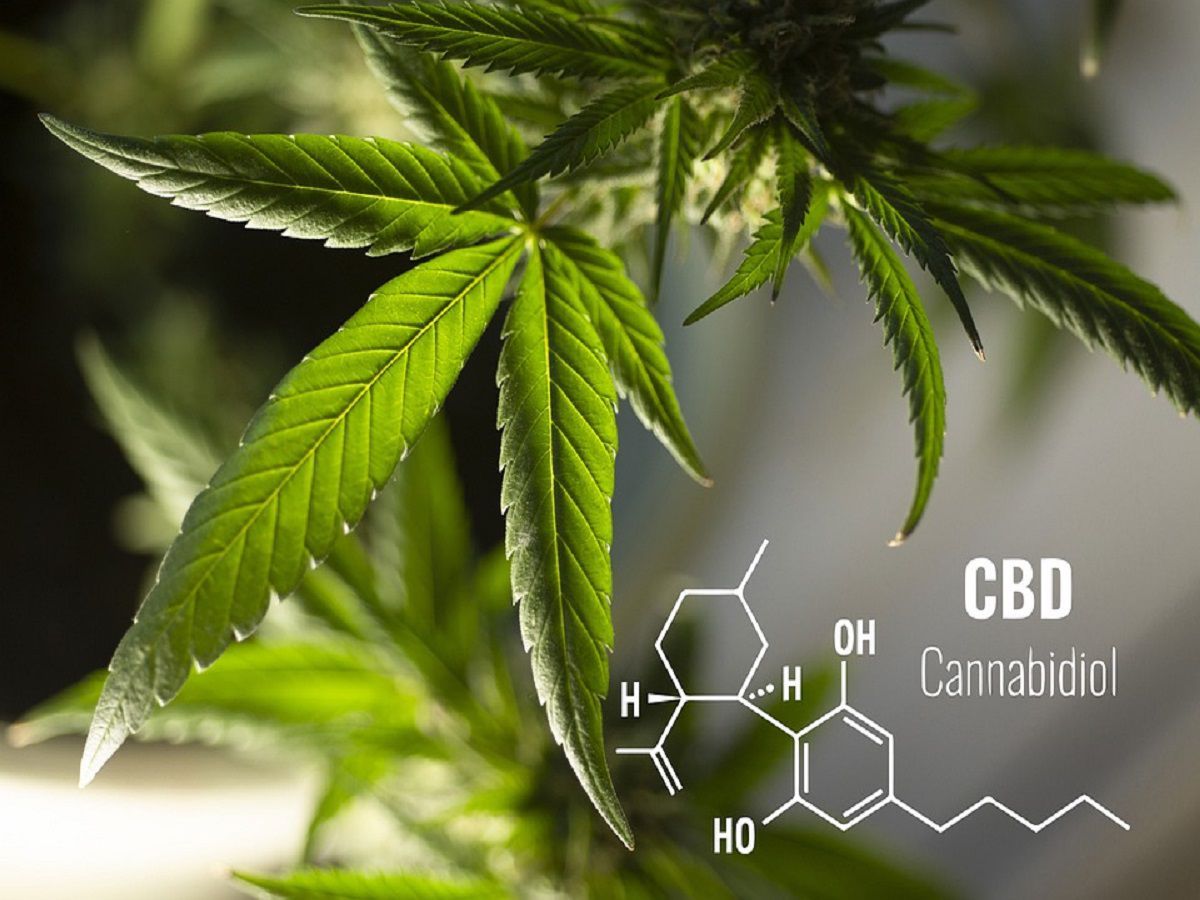Research Is Picking Up For Cannabis And Covid
There are several studies and now a UK trial is planned to examine the efficacy of cannabis on Covid. What gives?
Since the beginning of the Covid 19 Pandemic, there have been growing claims, although not backed by research or trials, that cannabinoids can affect Covid. On the face of it, it makes sense, as cannabis has marked anti-inflammatory properties.
However, up until now, such claims have been mired in controversy, simply because there had been no formal research backing it up.
Medical Trials Are Underway
That appears to be now formally changing.
At the beginning of January, Oregon State University released research that revealed that hemp compounds, used via a chemical screening technique invented at the university, show the ability to prevent the virus that causes COVID-19 from entering human cells. The research shows that CBGA and CBDA bind to the SARS CoV-2 spike protein, thereby blocking a critical step in the infection process in humans. This “spike protein” is the same drug target used by the current Covid vaccines.
Beyond this announcement by the OSU College of Pharmacy, which was covered globally, an Australian company, BOD, has just announced a UK trial to use cannabis to treat long COVID symptoms. The company was given leave to test its CBD products by the UK’s Medicines and Health Products Regulatory Agency. 30 trial participants have already been recruited.
The Big Ifs
There are many in the industry who are looking at the development of such research with extreme skepticism. After all, this is hardly the first time such claims have been made. What appears to be different this time, however, is that there is the beginning of medical data and trial research to back them up.
However, those hoping that perhaps this development might immediately aid full cannabis reform might find themselves sadly disappointed, even in the UK. The best this might do is formalize the medical use of CBD, which has already been accomplished, and the cannabis used in turn would have to be EU GMP certified to qualify as a medical product. It is also unlikely that such pronouncements impacted the recent French decision to allow flower sales along with the rest of its CBD market (that has more to do with EU law).
Regardless, what this has done has again focussed the attention on the importance of (at least) formally and fully decriminalizing the medical use of cannabis. And this in turn will lead to greater reform, even if not in the next 12 months.









